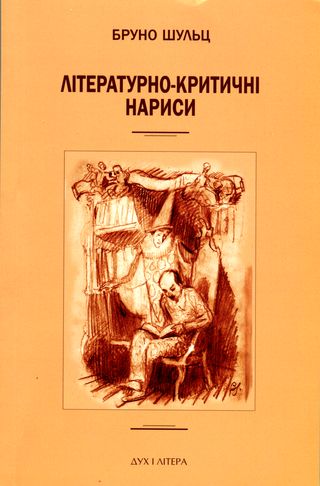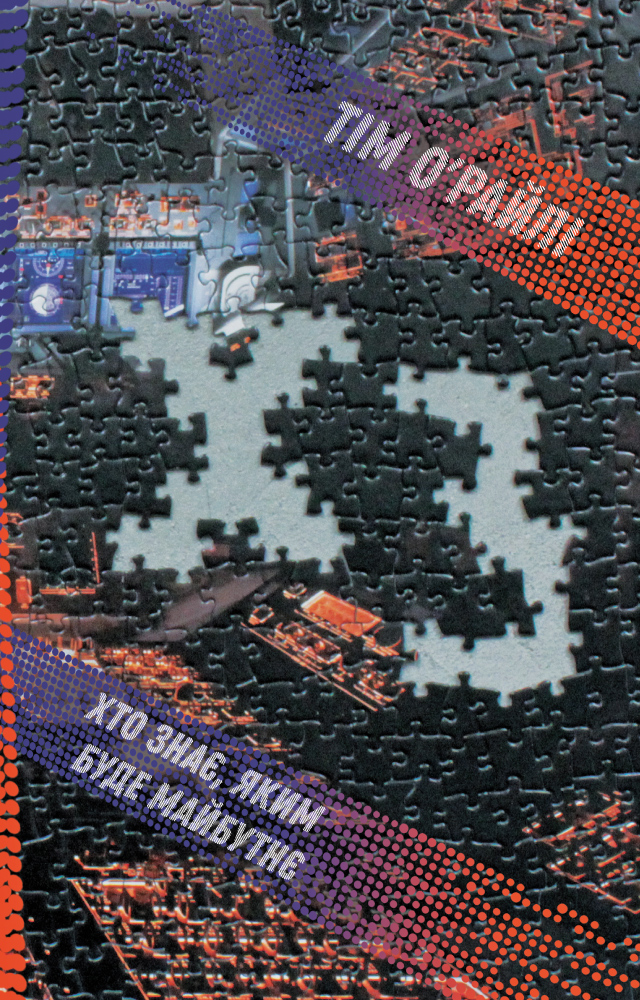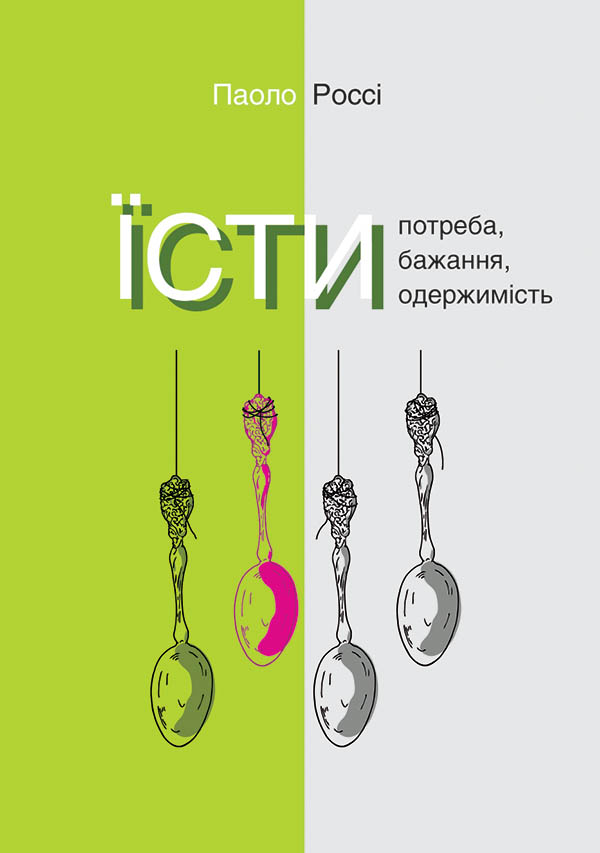Читати книгу - "Три сили. Як виховують в успішних спільнотах"
Шрифт:
Інтервал:
Добавити в закладку:
30 Jacob Berkman, “At Least 139 of the Forbes 400 are Jewish”, October 5, 2009, режим доступу: http://www.jta.org/2009/10/05/fundermentalist/at-least-139-ofthe-forbes-400-are-jewish (дата звернення: 1 червня 2012 року).
31 Max Weber, The Protestant Ethic and the Spirit of Capitalism (New York: Routledge, 1992), p. 35.
32 Lisa A. Keister, Getting Rich: America’s New Rich and How They Got That Way (Cambridge, UK: Cambridge University Press, 2005), pp. 164, 172; див. також The Pew Forum on Religion and Public Life, U.S. Religious Landscape Survey (Washington, DC: Pew Research Center, Feb. 2008), p. 60 (13% протестантів-євангелістів заробляли 100 000 доларів США на рік або більше; з-поміж населення США загалом такі доходи мали 18% людей, 15% з-поміж протестантів в Америці загалом, 43% з-поміж американців індійського походження і 46% з-поміж американських євреїв).
33 Bushman, Contemporary Mormonism, p. 3; Terryl L. Givens, People of Paradox: A History of Mormon Culture (Oxford University Press, 2007), pp. xiii, xvi; Jan Shipps, Mormonism: The Story of a New Religious Tradition (Urbana & Chicago: University of Illinois Press, 1985), p. 125.
34 Див., наприклад, Kenneth M. Pollak, The Persian Puzzle: The Con. ictBetween Iran and America (New York: Random House, 2004), p. 3; Robert Graham,Iran: The Illusion of Power (London: Croom Helm Ltd, 1978), pp. 190–2; John K. Fairbank, “China’s Foreign Policy in Historical Perspective”, Foreign A. airs 47, no. 3 (April, 1969), pp. 449, 456; Q. Edward Wang, “History, Space, Ethnicity: The Chinese Worldview”, Journal of World History 10, no. 2 (Fall, 1999), pp. 287–8.
35 RameshBairy, Being Brahmin, Being Modern: Exploring the Lives of Caste Today (New Delhi: Routledge, 2010), pp. 87, 277–81; Louis Dumont, Homo Hierarchicus: The Caste System and its Implications (Chicago & London: University of Chicago Press, 1980), pp. 79–80; див. також Narendra Jadhav, Untouchables: My Family’s Triumphant Escape From India’s Caste System (Berkeley & Los Angeles: University of California Press, 2007), pp. 1, 3, 4.
36 Chinua Achebe, There Was a Country (New York: Penguin Press, 2012), pp. 74–6; Donald L. Horowitz,Ethnic Groups in Con. ict (Berkeley, Los Angeles & London: University of California Press, 1985), pp. 27–8, 154–5, 164–6, 243–9; Amy Chua, World on Fire: How Exporting Free Market Democracy Breeds Ethnic Hatred and Global Instability (New York: Doubleday, 2003), pp. 108–9.
37 Див. загалом Avi Beker, The Chosen: The Historyof an Idea, and the Anatomy of an Obsession (New York: Palgrave MacMillan 2008); David Novak, The Election of Israel: The Idea of the Chosen People (Cambridge: Cambridge University Press, 1995); Daniel H. Frank, ed., A People Apart: Chosenness and Ritual in Jewish Philosophical Thought (Albany: SUNY Press, 1993); Arnold M. Eisen,The Chosen People in America: A Study in Jewish Religious Ideology (Bloomington: Indiana University Press, 1983).
38 Див. Louis Dembitz Brandeis, “The Jewish Problem: How to Solve It” (промову виголошено у червні 1915 року), передрук у Steve Israel & Seth Forman eds., Great Jewish Speeches Throughout History (Northvale, NJ: Jason Aronson, Inc., 1994), p. 74; Patai, The Jewish Mind, pp. 324, 339; Nathan Glazer, American Judaism (2d ed.) (Chicago and London: The University of Chicago Press, 1989), p. 136.
39 Див., наприклад, Nancy Foner, From Ellis Island to JFK: New York’s Two Great Waves of Immigration (New Haven and London: Yale University Press, 2000), pp. 72, 90; Eleanor J. Murphy, “Transnational Ties and Mental Health”, in Hirokazu Yoshikawa & Niobe Way eds., Beyond the Family: Contexts of Immigrant Children’s Development 121 (2008), pp. 79, 81; Vivian S. Louie, Compelled to Excel: Immigration, Education, and Opportunity Among Chinese Americans (Stanford, CA: Stanford University Press, 2004), pp. 123–5.
40 American Psychiatric Association,Diagnostic and Statistical Manual of Mental Disorders, Text Revision, Fourth Edition (Washington, DC: American Psychiatric Assn., 2010), p. 720.
41 Sigmund Freud, “‘Civilized’ Sexual Morality and Modern Nervous Illness”, in James Strachey, ed. & trans., The Standard Edition of the Complete Psychological Works of Sigmund Freud (London: Hogarth Press, 1986) 9, p. 186 («Загалом наша цивілізація збудована на пригніченні інстинктів»).
42 Див. Jed Rubenfeld, Freedom and Time (New Haven and London:: Yale University Press, 2001), p. 34; Jon Savage,Teenage: The Creation of Youth Culture (New York: Viking, 2007); Patricia Cohen,In Our Prime: The Invention of Middle Age (New York: Scribner, 2012), p. 168.
43 AmyChua, Day of Empire: How Hyperpowers Rise to Global Dominance — and WhyThey Fall (New York: Doubleday 2007), p. 38.
44 Irving Howe, World of Our Fathers (New York: Harcourt Brace Jovanovich, 1976), pp. 51 («покидьки»), 230 («неохайно вдягнені, галасливі і вульгарні»).
45 StephenBirmingham, The Rest of Us: The Rise of America’s Eastern European Jews (Boston: Little Brown 1984), p. 17; див. також Hannah Arendt, The Origins of Totalitarianism (New York: Harcourt, Brace & World: 1966), p. 82 («єврейськість» у циклі «У пошуках втраченого часу» Пруста постає «як фізична вада і водночас таємничий особистий привілей»).
46 Див. Richard M. Cook, Alfred Kazin: A Biography (New Haven & London: Yale University Press, 2007), pp. 32, 33 (опис того, що Казін називав «приниженням», якого зазнавав від «наділених вродженим хистом до спілкування», з яким так і не змирився і яке «дуже-дуже його озлобило»); Peter Manso, Mailer: His Life and Times (New York: Simon & Schuster, 1985), pp. 340–1 (цитує Роду Лазар Вулф, яка сказала, що Норман Мейлер прагнув «влади над світом.
Він не хотів бути простим хлопцем із Краун-стрит»); Ross Wetzsteon, Republic of Dreams Greenwich Village: The American Bohemia, 1910–1960 (New York: Simon & Schuster, 2002), p. 491 (опис того, як Делмор Шварц «метався між […] надзвичайно високою самооцінкою та небаченою ненавистю до себе»); Greg Bellow, Saul Bellow’s Heart: A Son’s Memoir (New York: Bloomsbury, 2013), p. 54 (син описує свого батька, Сола Беллоу, як «невідомого єврейського письменника з “відчуттям особистої загроженості”, що кинув виклик американському літературному істеблішменту, уособлюваному Ернестом Гемінґвеєм»); James Atlas, Bellow (New York: Random House, 2002),
Увага!
Сайт зберігає кукі вашого браузера. Ви зможете в будь-який момент зробити закладку та продовжити читання книги «Три сили. Як виховують в успішних спільнотах», після закриття браузера.




